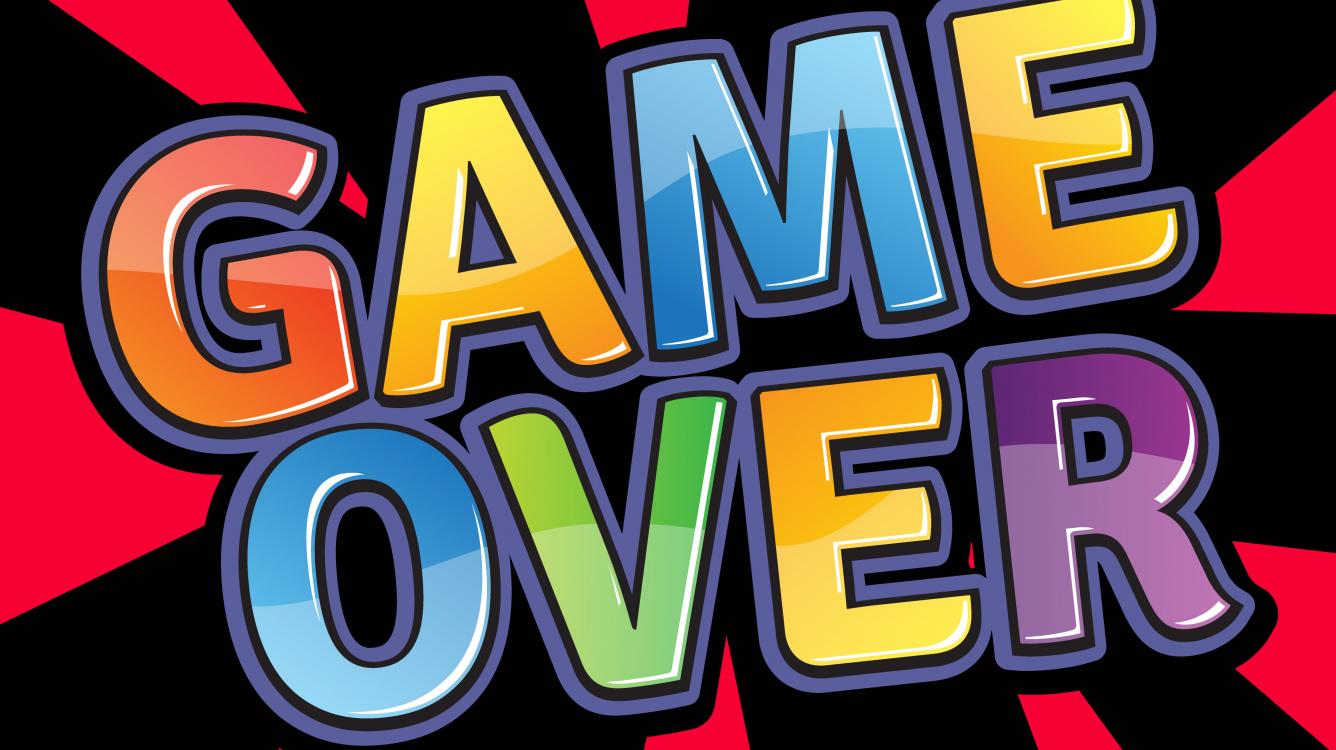
Embrace Your Losses
Every chess player knows that losing a game is no fun!
Some of us take it better than others, but it is always a little tragedy. We all cried after losing a game when we were kids, but even some adults cannot tolerate what Korchnoi called once chess players' mini-death. There are numerous stories about Fischer weeping after especially painful losses, to prove the point.
The goal of this article is to look at a loss from a different angle. All of us heard Capablanca's famous words that he learned from a loss more than from any hundred games that he won. Of course it was easy for him to say since according to a well-known legend, the Cuban genius lost only 32 tournament games in his whole chess career! And probably to make fun of us, mere mortals, Capablanca had some other words to comfort people after their loses: "Don't be upset when you got checkmated, you are going to get checkmated in hundreds more games!"

Jokes aside, every loss is invaluable information about our chess deficiencies, which should improve our game. So, you should embrace your losses because they help us to become really great. And it is true not only for chess:
"To others, being wrong is a source of shame; to me, recognizing my mistakes is a source of pride. Once we realize that imperfect understanding is the human condition, there is no shame in being wrong, only in failing to correct our mistakes." -- George Soros.
I want to emphasize that last part about "failing to correct our mistakes." In this old article we saw numerous examples where chess players do not learn from their mistakes. So let's see how beneficial such a work can be!
Here is a game that I played a long time ago:
White's attack was ferocious and despite my desperate attempts to survive (I even sacrificed my queen for a couple of pawns!) at the end my king was checkmated! After a thorough analysis I came to the conclusion that my main mistake was to castle!
Yes, the move that coaches teach beginners to do as quickly as possible to keep their kings safe. But in many variations of the Sicilian Defense (like the English attack for example) White pushes his kingside pawns ready to tear apart the residence of black king after he castles.
Does it make any sense to castle in such a situation? I learned my mistake, licked my wounds and was waiting to use my newly acquired knowledge. I didn't have to wait too long and about four months later I played the next game:
I liked this game much better. First of all my king was much safer in the center and also my rook was surprisingly active on the h-file. Still the game ended peacefully, so I was back to the drawing board.
Finally, I could use the result of my work about six months later:
I was very excited to win this game where I pretty much followed my home analysis! Little did I know at that point that the concept of keeping the king in the center and using the h-file for my rook was like a gift that kept on giving!
Here is the game I played five years later:
And another one played two more years later:
As you can see, the analysis of one lost game has brought me 3.5 points out of 4 games in a span of seven years! So, embrace your lost games, analyze them and you will reap the dividends for years to come.






